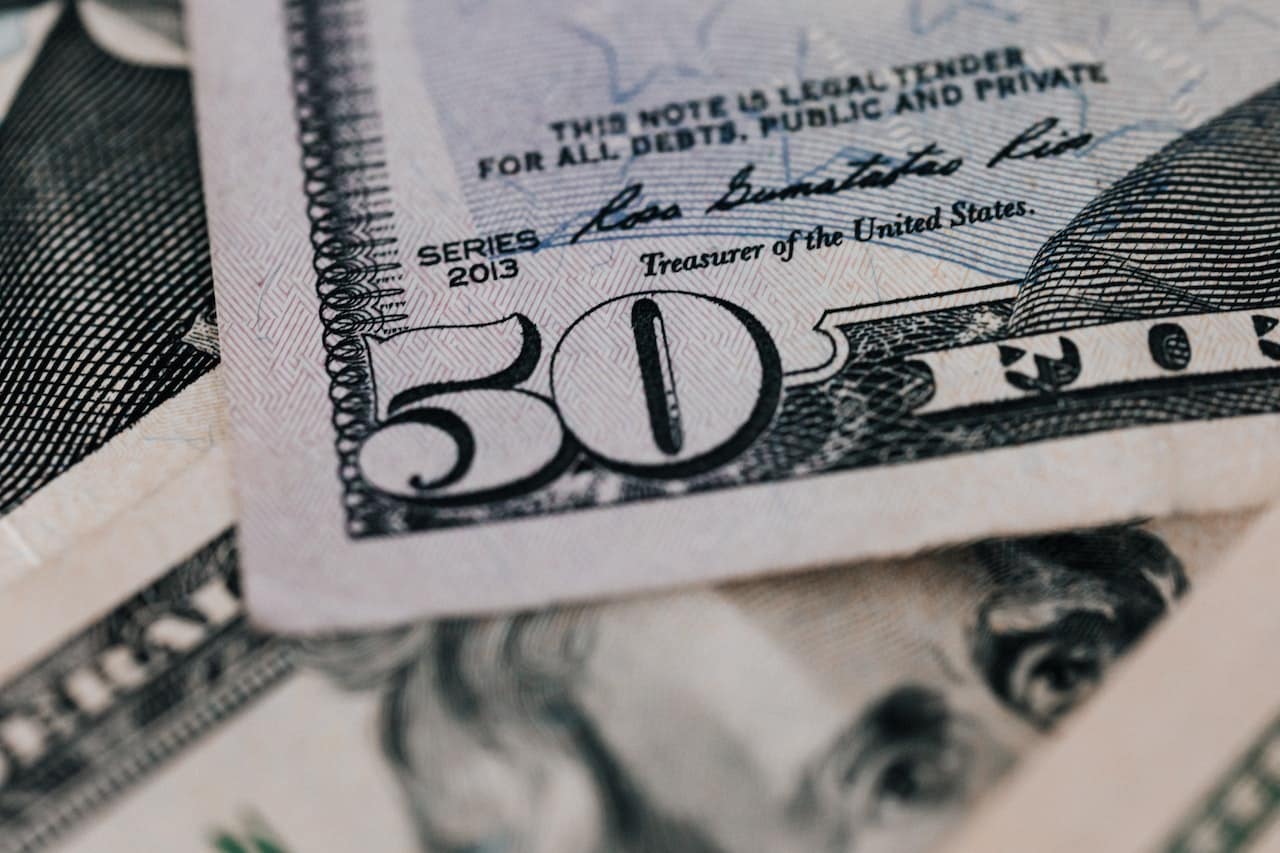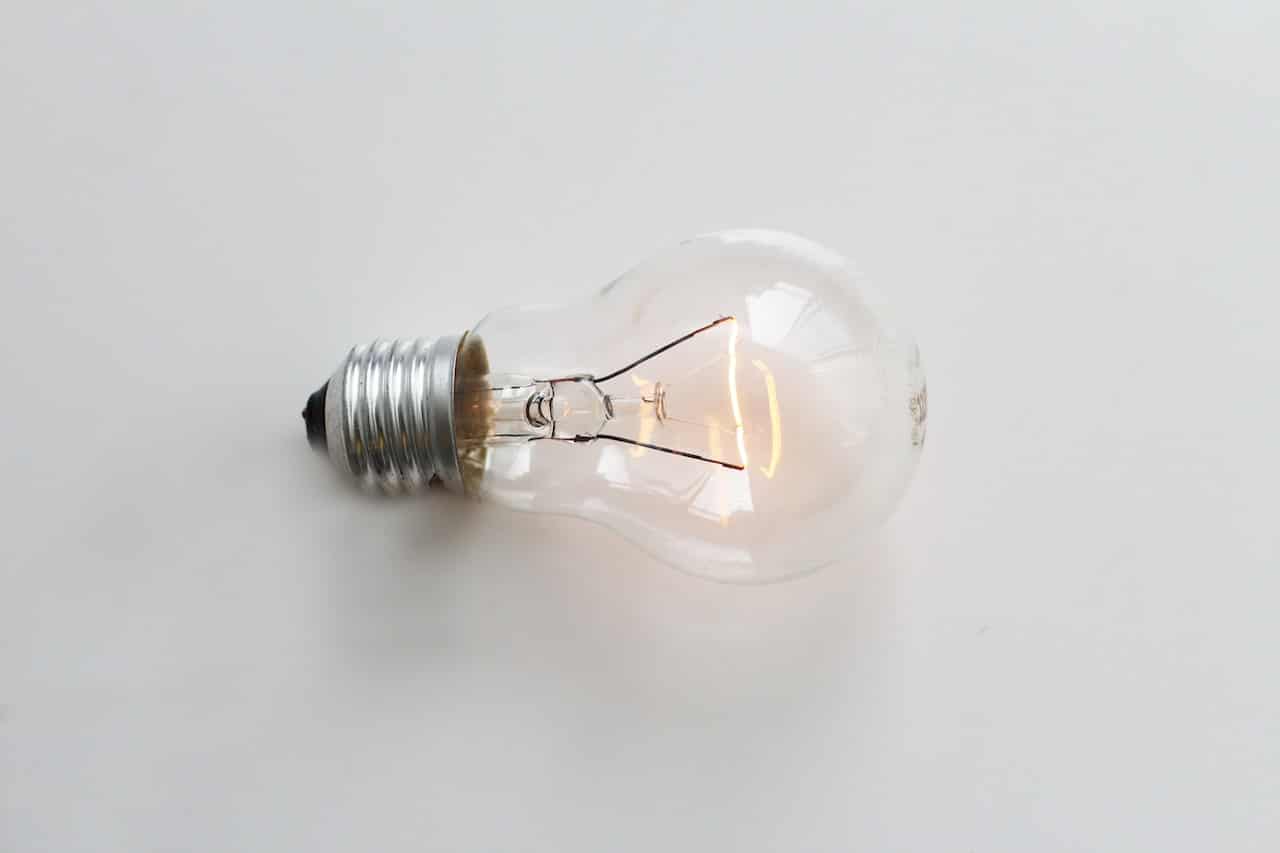Banks are the most widely used depository institutions and have become necessary for most people. However, checking and savings accounts aren’t the only services banks offer. Many of these institutions also offer loan products, and you don’t need to bank with them to apply!
If you aren’t too familiar with the process of getting a loan from a bank, you may need a guide. Continue reading below for everything you need to know:
A Step-by-Step Guide for Getting a Loan From a Bank
Obtaining a bank loan is pretty straightforward, and you don’t need a bank account for one of these loan options; here is what you can expect:
Head Over to Your Bank in Person or Online if Available
The first step is to choose a bank you want to work with and then contact them for a loan. Some locations may offer online, in-person, or over-the-phone contact for a loan. While others may only provide in-person loans. From here, you can ask about the options available and apply for the right choice.
Fill Out an Application for Pre-approval
Once you know what loan you want to apply for, you can fill out an application for pre-approval. Your bank will ask you for information about your income, credit score, and current expenses to gauge your ability to repay the loan. They will also ask you about the loan amount you want to borrow. With the initial application, you’ll know whether you met the basic requirements and can proceed to final approval.
Send in the Necessary Documents/Verify the Right Information for Final Approval
If you get past the initial application process, lenders will ask that you provide documents verifying all of the information they asked about in the previous step. You’ll need to prove your identity and income and provide written consent for a hard credit pull. With all of these things, your bank will be able to get a better look at your finances and decide things like loan amount, interest rates, and of course, final approval.
Review the Loan Terms
If you get final approval for your loan, all there will be left to do is review the exact loan terms. After final approval, your bank will let you know exactly how much you can borrow, what the interest rate will be on the bank loan, and your repayment terms. Before moving forward with your loan, be sure to calculate the monthly payment, figure out how much interest you are paying, and consider whether the loan is enough to cover your expenses.
Sign and Get the Funds
If everything looks good in the loan agreement, all that is left to do is sign and get the funds. In some cases, you may get a lump sum payment, while other types of credit accounts, like lines of credit, will mean borrowing money as you need it.
And so, the process is pretty simple when applying for a loan from a bank. With online lenders, the process will be faster and easier as you’ll be able to complete things from home. When applying at a bank location, make sure that you bring the necessary documents with you.
What Do I Need for a Bank Loan?
The documents you will need for your bank loan application will depend on the type of loan you are applying for; however, there are some basic documents that most loan types will require. Here is a list of documents you will likely need:
A Government-issued Photo ID
Your bank will need to see a government-issued photo ID to ensure identity theft isn’t happening. You can use a driver’s license, passport, State ID, a passport, Military ID, or permanent resident card. Remember that your ID cannot be expired/must be valid.
Your Social Security Number or Card or Tax Identification Number (Tin)
The second part of proving your identity comes from verifying your social security number or your tax identification number. When applying online, you should be able to simply enter the numbers; in person, you may need the card or document with you.
Proof of Income
The documents you’ll provide for bank loans will vary depending on the type of income you make. For example, a classic nine-to-five full-time job can be proven with documents like a pay stub. Alternatively, you can use invoices, bank statements, and income letters.
Proof of Residency
The last part of proving your identity is verifying your residency information. You can use documents like a mortgage statement, lease agreement, utility bills, and valid mail.
Documents on an Asset if One Is Involved
Unsecured loans do not have an asset, while secured loans do. If your loan is secured, you will need to provide your bank with documents to verify ownership and sometimes the item’s value. For example, if a car is an asset, your bank may ask for the car’s title and an inspection.
What Kinds of Loans Do Banks Offer?
The kinds of loans you can get from a bank will depend on the bank you go to. Smaller local banks may not have the same resources as regional banks or nationally run banks. Here are some loan options you may find:
Personal Loans
A personal loan is one of the most versatile loans available. You can use a personal loan for all kinds of expenses, including groceries, medical bills, car repairs, or paying for your monthly bills. The loan amounts, loan approval, and personal loan rates will depend on your credit scores and your lender. Standard personal loans are unsecured, with steady monthly payments until the loan is repaid in full. Most banks offer personal loans—the best option depends on your finances, and the personal loan application will be simple. Before you choose a loan to work with, make sure you use a personal loan calculator to figure out your monthly payments and compare personal loan rates.
Credit Cards
Credit cards are a form of revolving credit that can also be used for almost any expense. Although not all banks may offer credit cards, many of them will. A revolving credit card account will allow you to borrow from it multiple times until you reach the credit limit. If you make payments, you can then borrow funds again and so forth. For credit card approval, you’ll need to have good credit scores with all three major credit reporting agencies and some sort of income. One thing to watch out for is too much credit card debt, as the ability to borrow multiple times can quickly lead to a cycle of debt.
Car Loans
Car loans allow borrowers to finance a car and many banks have these loan options. Like personal loans, you will have equal monthly payments until the loan is paid back in full. One thing to keep in mind with these loans is that if you cannot repay them, your vehicle will be at risk of repossession. However, that is usually the last step for a bank.
Student Loans
Although not super common with most banks, some may offer student loans. These loans will be a good option if you need to pay for school but don’t qualify for federal student loan options or grants. You can use a student loan for more than just tuition. Things like room and board, books, and even transportation costs can be financed through a student loan.
Mortgages
A mortgage can help finance a home purchase. To qualify for one of these loans, you’ll need to have at least a fair credit score and income and sometimes show proof of a down payment. Many people add cosigners or co-borrowers to a loan. The great thing about working with a bank for a mortgage is that you may find a more personal process, rather than when working with an online lender.
Things To Consider With a Bank Loan
When applying with a Depository institution like a bank or credit union, there are some things you need to consider:
- Keep in mind that banks usually have strict credit requirements, and so with bad credit history, you may not be able to get funding.
- Banks may not be the most flexible with repayment terms.
- If you do get approved for a bank loan, you may find that the interest rates are relatively competitive.
- Your loan options may be severely limited if you go to a smaller bank.
- Bank hours may be limited, so they may not be the best lender if you need money quickly.
Alternative Lenders to Banks
If you don’t think a bank is the right lending institution for you, don’t worry! There are all kinds of different lenders you can choose from; here are a few alternatives to banks for loans:
Credit Unions
Credit unions and banks definitely have their similarities—they are both primarily depository institutions—however, credit unions and banks have major differences too. The most significant difference between banks and credit unions is that credit unions are not-for-profit. That means you could find a great deal with them, but you must be a member to borrow from them, which can be quite a hassle, and you may not qualify.
Direct Lenders Online or In-person
Direct lenders are lenders that provide funding through themselves without a go-between. You’ll find plenty of them online or in person. Some specialize in a single loan type, while others may give out various loan options. A benefit of a direct lender is that it will be easy to compare loan terms and see competition on your own. Additionally, you may find the most flexibility and the best interest rates with these lenders.
Indirect Lenders Online or In-person
Indirect lenders work with a network of lenders that they help connect you to. They can be helpful because they can filter based on your criteria, and when working with bad credit, these connection services may be helpful. However, because these types of lenders do get commission, they may not have your best interests in mind.





